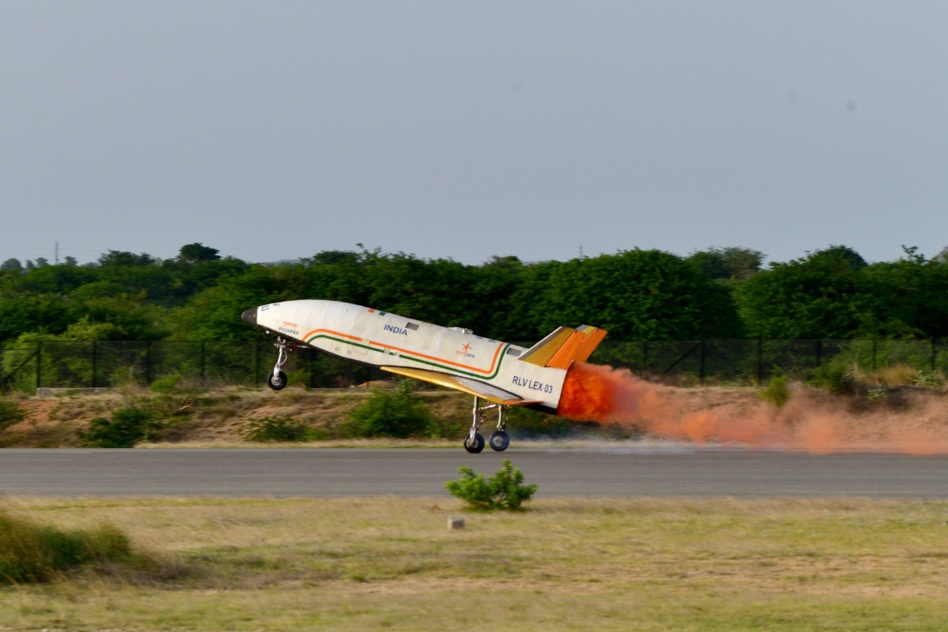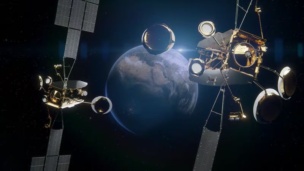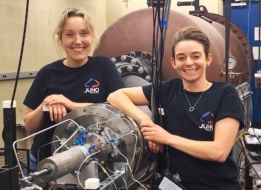India’s space industry is just getting off the ground, but it’s already laying the groundwork for an ambitious future.
“The Indian space economy is valued at around $8B, with a 2% share in the global space economy. India’s space economy has the potential to reach $44B by 2033, [estimated to be] about 8% of the global share,” a spokesperson from India’s US embassy told Payload.
Recent updates to the national space budget are intended to help the country meet its aggressive growth targets.The government’s budget for 2024-25 injects significant amounts of cash into both public and private space efforts:
- India has allocated over ₹13,000 crores ($1.5B) to its Department of Space in 2024-2025—a 4% increase over its budget estimate for the previous year.
- The country has also started a venture capital fund worth ₹1,000 crore ($119.5M) to grow its commercial space industry, according to the Minister of Finance.
Industry reforms: The new fund follows significant reforms in 2020 and 2023, where the government established IN-SPACe to promote and authorize non-government entities to utilize ISRO facilities and technologies on commercial space projects.
These reforms also opened up India’s space sector to more foreign direct investment, allowing the number of space startups to balloon from 1 in 2014 to over 180 in 2023. And this year’s budget will hopefully push even more startups to fuel India’s space ambitions in the coming years.
Output and outcomes: The specific 2024-25 budget goals for space include:
- Gaganyaan human spaceflight: India is targeting 76% readiness for the Indian Human Spaceflight Program, with at least 4 successful flight tests of a human rated launch vehicle and crew escape system and significant progress in crew training.
- EO and positional services capability: India plans to initiate 210 R&D projects during the year, supporting 16 programs to augment space infrastructure to improve satellite services.
- Satellite design, development and launch: The country wants to raise its launch tempo for domestic and foreign satellites, and plans to launch dozens of satellites on its launch vehicles: PSLV, GSLV, LVM-3, and SSLV.
- Commercial launch services: India’s goal is for its budding launch industry to generate ₹650 crores ($77.6M) of commercial launch revenue in the coming year.
- Enable the space ecosystem: As part of the ₹1,000 crore ($119.5M) fund, the government has directed ISRO to support 150 non-government entities carrying out space activities in 2024-2025.




